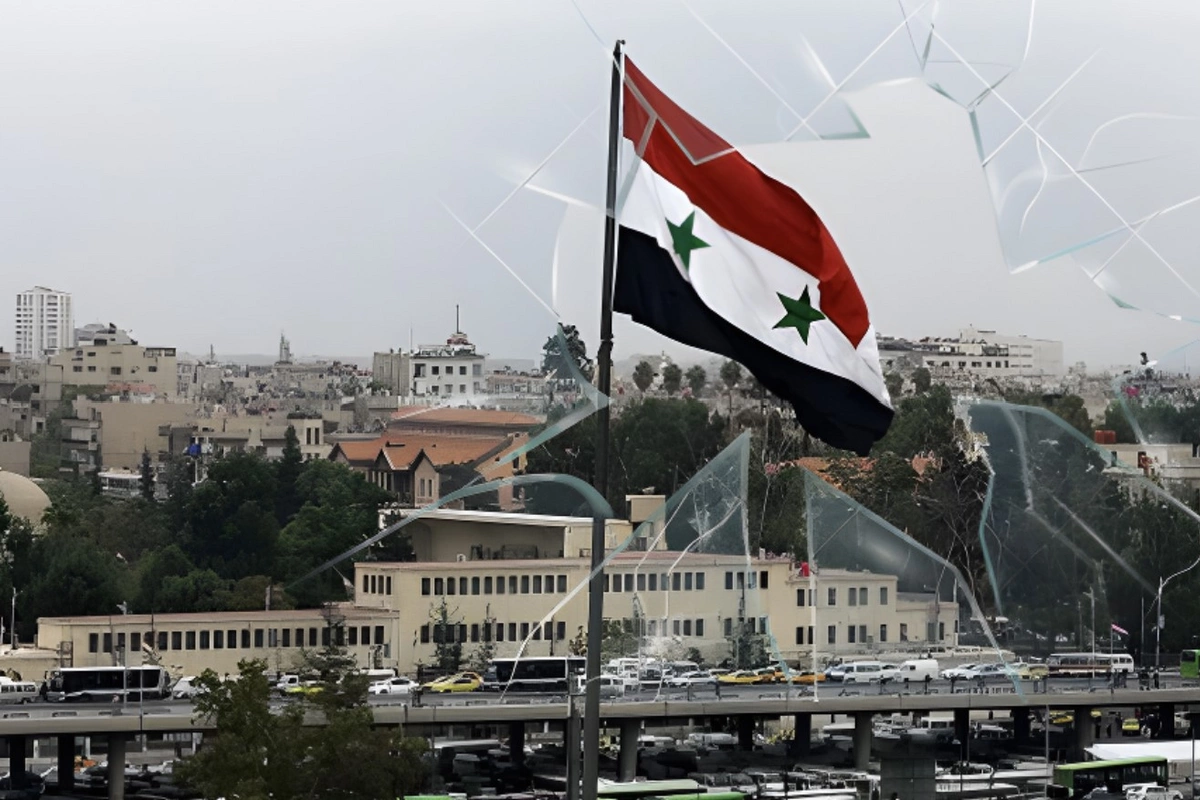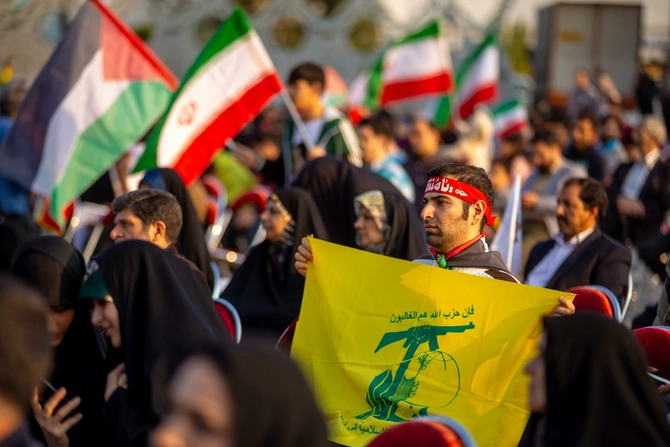
Photo: Azernews
In late 2024, the world was shocked when, within a week, the Assad dynasty- which had ruled for nearly five decades-collapsed, despite Bashar al-Assad having seemingly weathered the civil war that began in 2011. While most analyses focused on the broader Middle East and the implications of this event for the region, its spillover effects on the South Caucasus have largely been overlooked. In reality, the countries of the South Caucasus have a vested interest in developments in Syria.
For Georgia, the fall of the Assad regime presents significant opportunities. Economic ties between the two countries have been minimal, and there have been no diplomatic relations, largely because Assad’s government recognized Georgia’s occupied territories of Abkhazia and South Ossetia as independent states. This recognition is now an area where Tbilisi could engage with Syria’s new government, potentially working toward the withdrawal of recognition for these regions.
The new Syrian government is highly motivated to gain international legitimacy. The process of de facto recognition of the new leadership has accelerated, with Turkey, the United States, wealthy Arab states, and Western European countries not only expressing interest in engaging with Damascus but also taking concrete steps toward establishing diplomatic ties. Given Georgia’s close relations with these key players, Tbilisi has a unique opportunity to press for the revocation of Syria’s recognition of Abkhazia and South Ossetia. Turkey, in particular, is a pivotal actor, having provided diplomatic, military, and economic support to Syria’s new leadership.
Moreover, the new Syrian government is openly hostile toward Russia. Although negotiations took place regarding the possible retention of Russia’s two military bases in Syria, the outcome was unfavorable for Moscow. Available evidence suggests that a full Russian withdrawal from Syria is imminent-a development that would further strain relations between Damascus and Moscow and could work to Tbilisi’s advantage.
This shifting geopolitical landscape offers Georgia greater flexibility in its diplomatic maneuvering. Tbilisi could pursue a diplomatic strategy based on mutual recognition: Georgia formally recognizing Syria’s new government in exchange for Damascus withdrawing its recognition of the occupied Georgian territories.
For Azerbaijan, Assad’s fall signifies a major blow to Iran’s influence in the Middle East. Given Baku’s historically distrustful relationship with Tehran, Iran will now be forced to divert greater economic and diplomatic resources to restoring its position in Lebanon and the broader “Axis of Resistance.” This shift in Tehran’s foreign policy priorities means Iran will likely be more inclined to maintain stable relations with Azerbaijan.

Picture alliance / Middle East Images | Hossein Beris
Another crucial factor for Azerbaijan is its deepening relationship with Israel. With bilateral ties already strong, Baku now finds itself aligned with a much more powerful regional partner. Since late 2023, Israel has significantly altered the geopolitical balance in the region-launching a full-scale military response to Hamas’s attack, nearly neutralizing the group, weakening Hezbollah, and striking Houthi positions in Yemen. As a result, Israel is now in a far stronger position. Given that Azerbaijan’s ties with Tel Aviv have always provoked reactions from Tehran, the drastically changed regional dynamics will undoubtedly influence Iran’s calculations.
Finally, there is a broader security dimension that concerns both Georgia and Azerbaijan. During the 2010s, parts of Syria fell under the brutal rule of the Islamic State. The ability of Syria’s new government to successfully reintegrate unruly regions remains uncertain. Should it fail, the resulting sectarian strife could pave the way for the resurgence of the Islamic State or similar extremist groups. Such a scenario would pose a direct security threat to the South Caucasus, where, during the 2010s, hundreds of fighters joined the Islamic State. Both Tbilisi and Baku are keen to avoid this risk and thus have a vested interest in ensuring that Syria’s new government adopts an inclusive approach to governance.
Share on social media